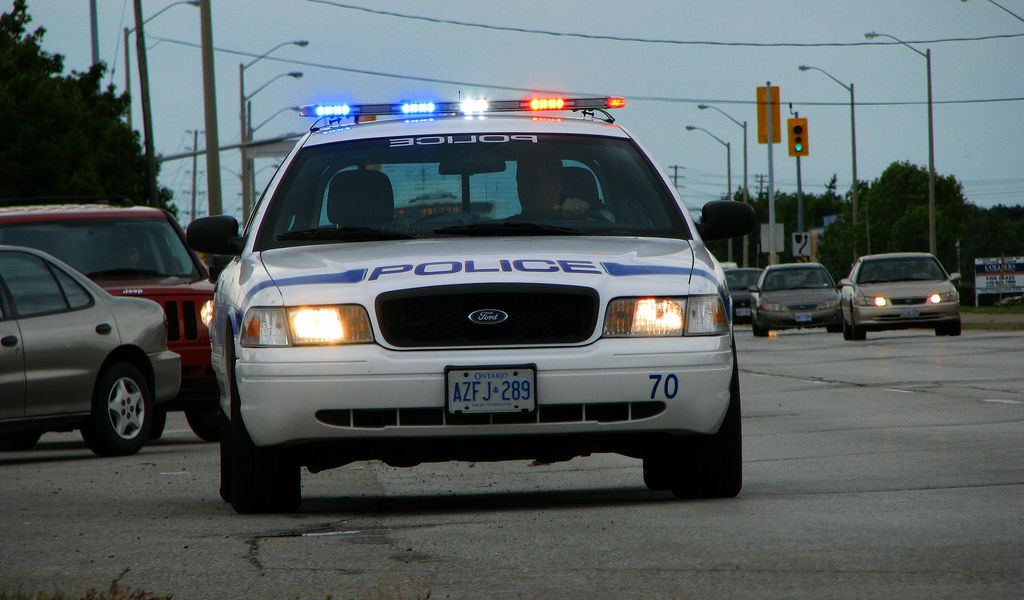Marijuana culture is changing rapidly in the United States. As more states decriminalize and even legalize marijuana use for medicinal and recreational reasons, the herb is quickly finding a new place in the American consciousness.
This progression has spurred new developments in other industries and areas of the law. Most notably, these changes have caused lawmakers and civilians alike to rethink our current DUI laws and penalties for drivers under the influence of THC.
Current Cannabis and Alcohol DUI Laws
Currently, every state has the right to make its own laws regarding what constitutes driving under the influence. Throughout the country, it is illegal for an individual to operate a motor vehicle if his or her blood alcohol content is .08% or higher. This is known as a “per se” law. That means that it is banned outright with no regard to how alcohol might affect different individuals. Although one driver might show no signs of intoxication or impaired behavior with a blood alcohol content of .08%, another might show such signs with a blood alcohol content of .04%. Legally, the former is intoxicated and the latter is not.
Currently, eleven states have a zero tolerance policy for drivers under the influence of THC. This means it is illegal for an individual with even a trace of THC in his or her blood to operate a motor vehicle.
Proposed Laws
With the recent mainstreaming of cannabis use among Americans, some states have attempted to amend their DUI laws to reflect this change. Some examples of such laws are:
– In California, AB 2500 proposed to make it illegal for an individual to drive with any THC in his or her blood. This included medical marijuana patients. This bill did not pass.
– HB 1325, a Colorado bill that recently passed in the state senate, making it illegal for an individual with more than five nanograms of THC in his or her blood to operate a motor vehicle.
– A recent ballot petition in Missouri to scale back DUI charges for drivers who test positive for THC.
Why It’s Not So Simple
Numerous studies, including the recent “Understanding the Limitations of Drug Test Information, Reporting, and Testing Practices in Fatal Crashes” published by the National Highway Traffic Safety Administration, have shown that per se laws do not work for catching drivers impaired by THC as easily as they work for catching drivers impaired by alcohol. This is for a few different reasons.
For law enforcement, proving that a driver is under the influence of THC is much more difficult than it is to prove that a driver is under the influence of alcohol. This is because unlike alcohol, which can be detected through a Breathalyzer, an individual’s THC level can only be detected through a blood test.
With a per se THC limit for drivers, completely sober drivers can face DUI charges because traces of THC can stay in the body for up to a month after an individual uses marijuana.
Studies have also proven that driving under the influence of THC is safer than driving under the influence of alcohol. With this in mind, we can not simply prosecute drivers under the influence of THC in the same way we prosecute individuals who drive drunk. Alcohol and cannabis are two completely different substances with unique effects that, although both can inhibit an individual’s driving ability, can not be generalized this way.
Photo Credit: Michael Gil
